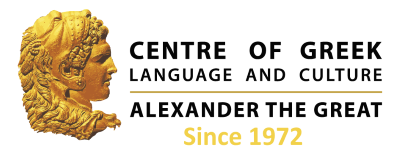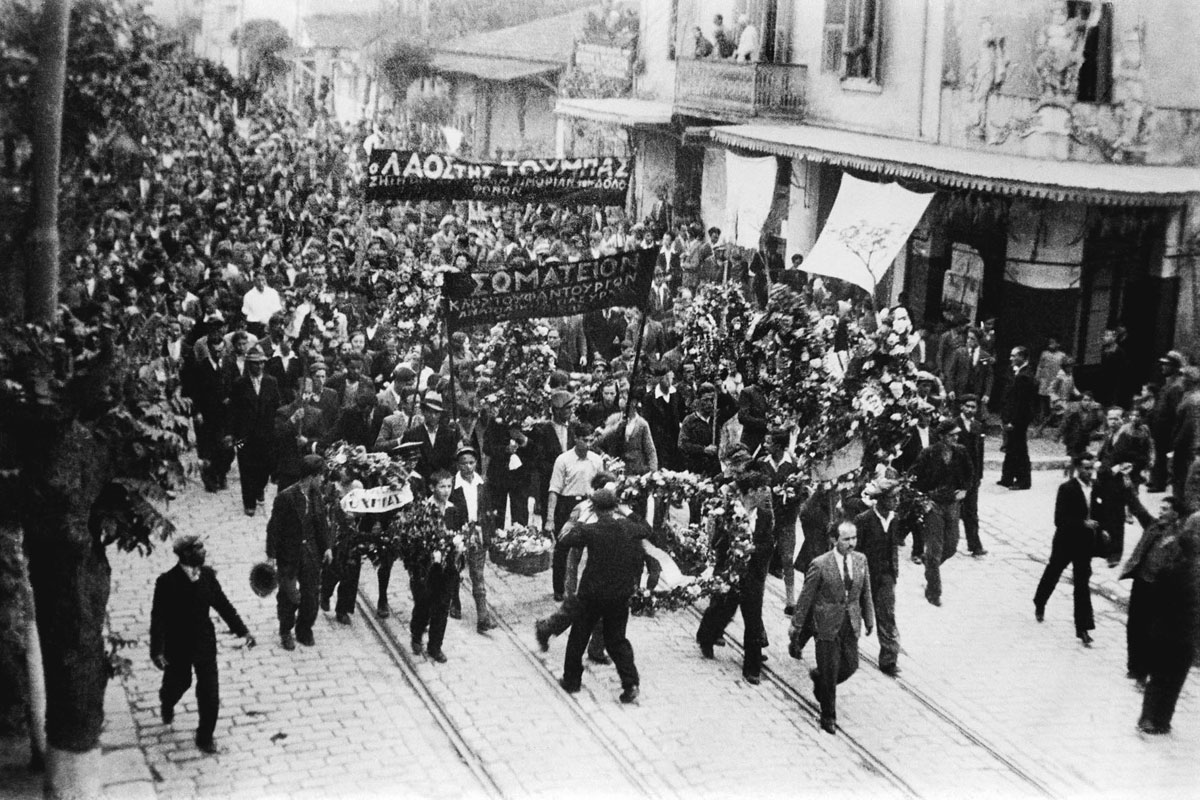The 1st of May, internationally known as Labour Day or May Day, is much more than a public holiday in Greece. It is a day deeply rooted in historical struggle, sacrifice, and the persistent demand for social justice, dignity, and workers’ rights.
Internationally, Labour Day originated from the tragic events of 1886 in Chicago, when workers demanded the now-familiar “8 hours of work, 8 hours of rest, 8 hours of free time.” The strike culminated in violent repression and deaths but sparked a global movement. In 1889, the Second Socialist International declared May 1st as the official day of remembrance and action for workers around the world.
In Greece, Labour Day was first celebrated in 1893 in Athens, led by socialist activist Stavros Kallergis. Protesters called for the establishment of the 8-hour workday, Sunday as a day of rest, and state support for injured workers. Kallergis was beaten and arrested for disrupting parliamentary procedures—a stark reflection of how controversial even basic workers’ rights were at the time.
Over the years, May Day has been marked by defining moments:
- 1936, Thessaloniki: A tobacco workers’ protest was violently suppressed; 12 were killed. The image of a grieving mother beside her son’s lifeless body inspired Yiannis Ritsos’ iconic poem Epitaphios, later set to music by Mikis Theodorakis.
- 1944, Kaisariani: In retaliation for a Nazi general’s death, 200 political prisoners were executed on May 1st. Labour Day became a symbol not just of workers’ rights, but also of national resistance and sacrifice.
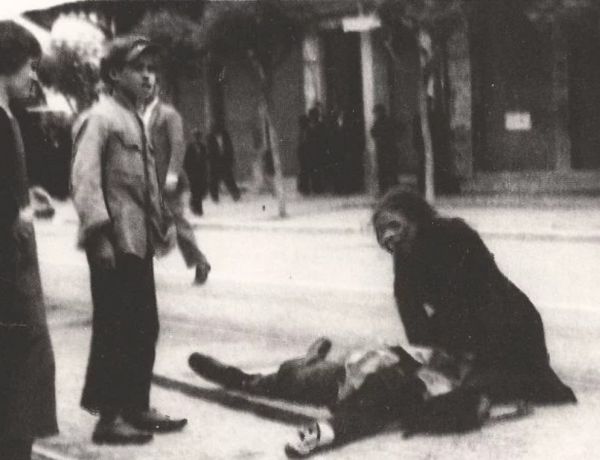
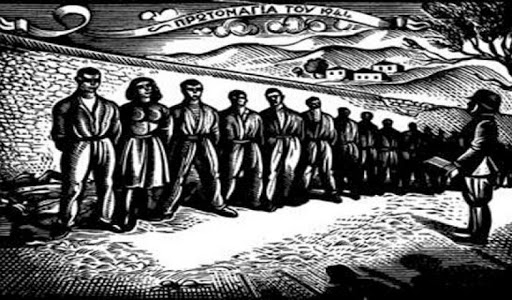
In the post-war years and during political upheavals, such as the 1967–74 dictatorship, public gatherings were suppressed. Still, the spirit of May Day endured.
With the restoration of democracy, Pedion tou Areos, where our school is located, became one of the main sites for Labour Day demonstrations in Athens—especially from 1976 onward, when the General Confederation of Greek Workers (GSEE) began organizing rallies here. For decades, it has served as a gathering place for thousands expressing solidarity and continuing the fight for social justice.
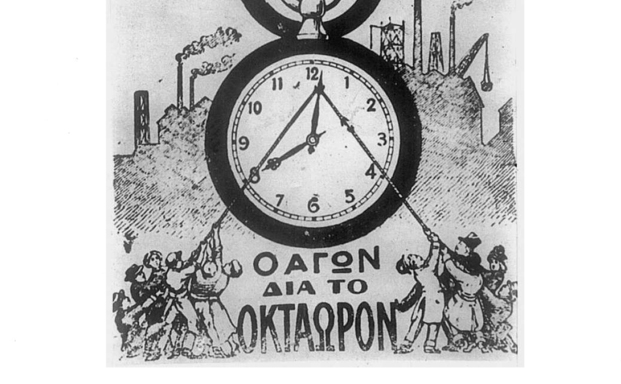
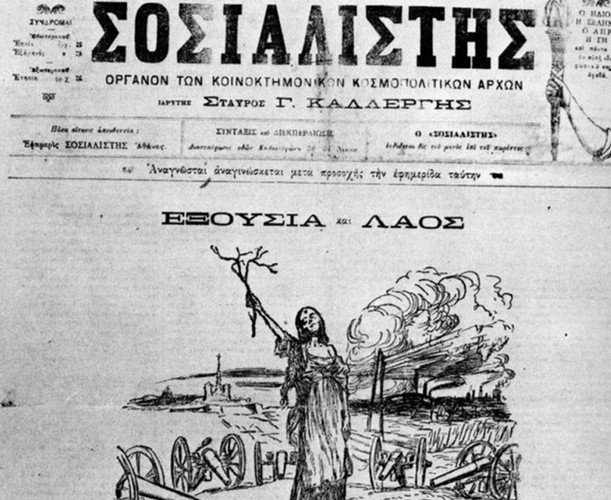
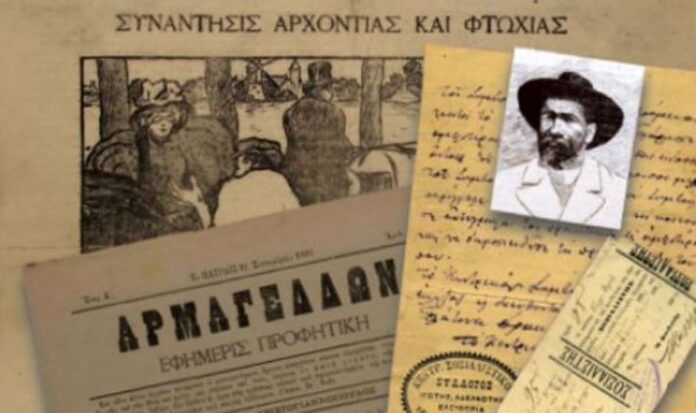
Today, May Day is both a public holiday and a day of reflection and activism, with marches, cultural events, and strikes often taking place. It reminds us that many of the rights we now take for granted were earned through collective struggle—and that these rights must be defended, again and again.
